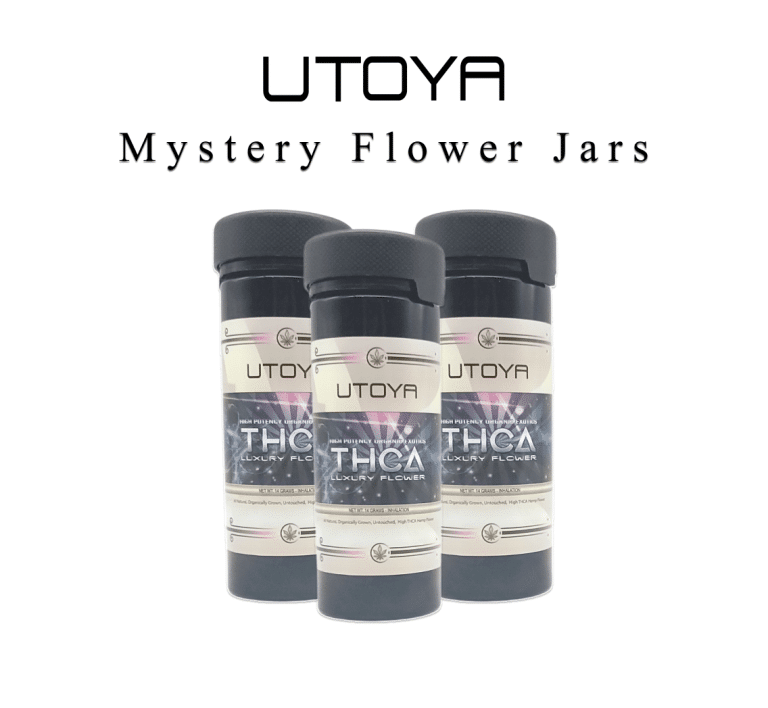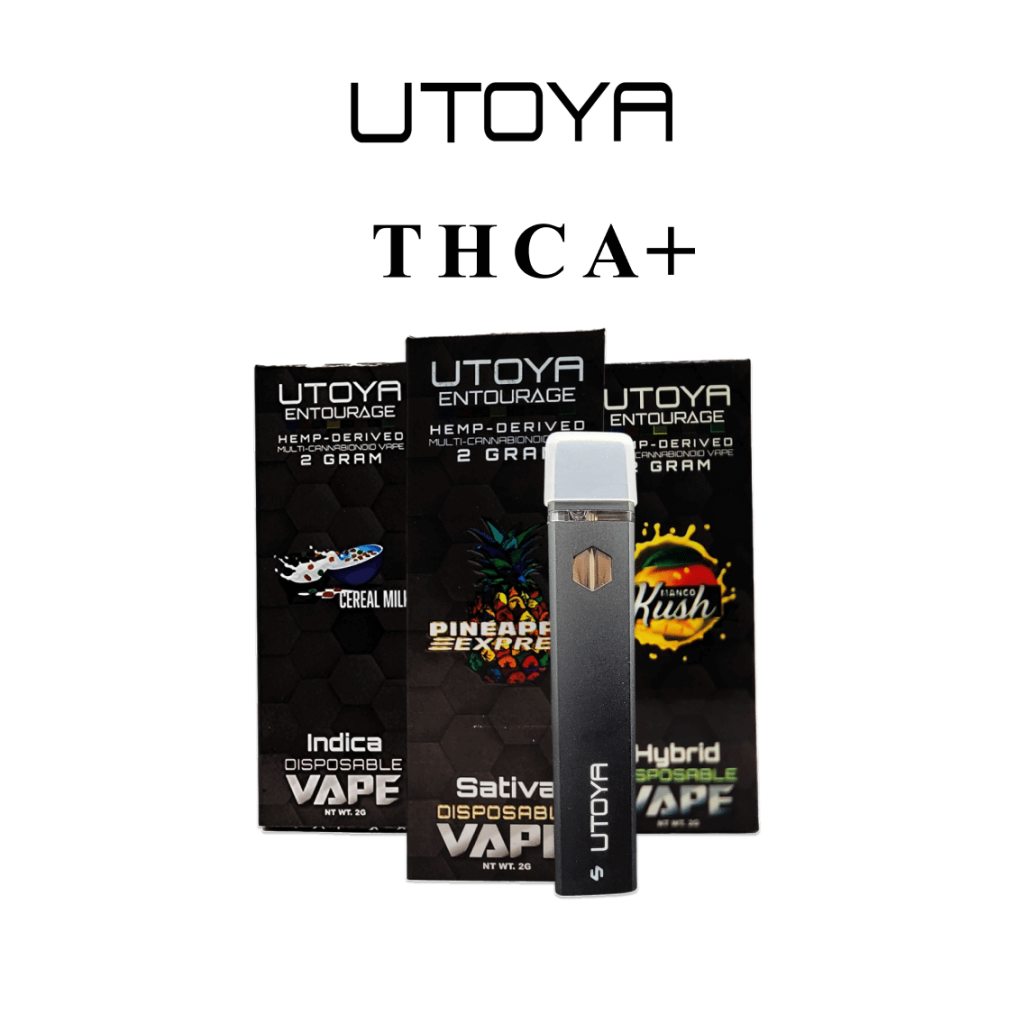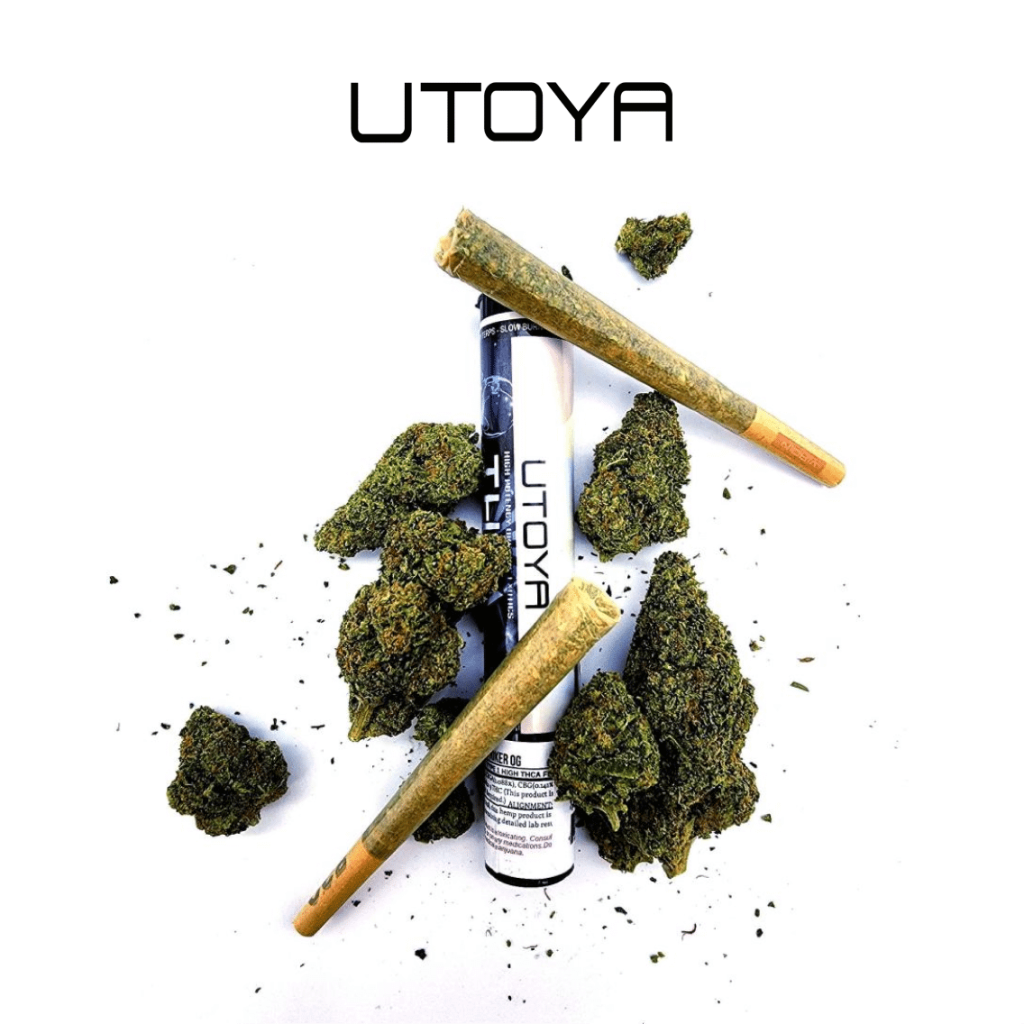What Is THCA? Effects & Benefits
Most consumers know about Delta-9 tetrahydrocannabinol (THC), the prevalent cannabinoid responsible for the cannabis’ psychoactive effects. Many are also familiar with exotic cannabinoids like Delta-8 and Delta-10. These THC analogs have exploded in popularity. But several states recently banned Delta-8 and Delta-10 due to their semi-synthetic attributes and psychoactive effects. But, what is THCA?
Here we review THCA, discussing benefits, uses, and product types and comparing THCA to THC and CBD.
What Is THCA?
THCA, or tetrahydrocannabinolic acid, is a naturally occurring cannabinoid in hemp and cannabis (Sativa) plants. It is the acidic “precursor” to THC and exists primarily in young, freshly harvested cultivars. THCA is non-psychoactive until it converts to THC through non-enzymatic reactions when exposed to heat. Known as decarboxylation, this process activates cannabis’ psychoactive properties.
Does THCA Make People High?
THCA does not possess psychoactive properties in its natural state. The molecular structure of THCA prevents it from binding to the brain receptors associated with producing a feeling of being high. However, this applies only when THCA is consumed raw, such as by juicing freshly harvested cannabis.
THCA vs. THC
Delta-9 THC and THCA are both tetrahydrocannabinol chemicals with a critical molecular distinction: THCA has a carboxylic acid group on a benzene ring, and THC doesn’t. The extra ring gives THCA a three-dimensional shape and a larger chemical structure incapable of binding to neural receptors to produce psychoactive effects. This also makes THCA a crystalline solid while THC is a liquid.
When THCA converts to THC, it loses that extra group and becomes the intoxicating compound consumers know and love.
THC’s unique shape allows it to bind well with CB1 and CB2 receptors located primarily throughout the brain, central nervous system, and immune system. This neural affinity affects mental perception, resulting in feelings of euphoria, cerebral creativity, and body-buzzing effects.
How THCA Converts to THC
Hemp and cannabis plants are low in Delta-9 THC and often very high in THCA before harvest. However, over time THCA converts to THC in a natural process called “decarboxylation,” a chemical reaction that releases carbon dioxide from the cannabinoid’s molecular structure.
Heat is an all-natural catalyst that decarboxylates THCA into THC, which happens during drying and storage. Applying heat to cook cannabis or smoke the plant also ignites decarboxylation, converting any remaining THCA into the psychoactive version, THC.
To account for this conversion process, The USDA requires laboratories to conduct hemp THC potency testing post-decarboxylation.
What Is THCA Flower?
THCA flower is essentially smokable hemp with high THCA levels, up to 25%, and compliant THC levels, below 0.3%.
On paper, THCA flower looks a lot like hemp, but in practice, it functions exactly like federally illicit marijuana. That’s because once users light and smoke the plant, they convert the THCA content into THC, creating that psychoactive experience.

Other THCA Product Types
Consumers who prefer to experience THCA’s therapeutic benefits without getting high can consume hemp or cannabis flower raw without heating it by adding it to smoothies or sprinkling ground flowers over a cold salad. Raw THCA can also be extracted and infused into oils, green juices, or smoothies.
Edibles
Utoya‘s edibles undergo heating during the cooking process, which converts THCA into psychoactive THC. However, there are exceptions to this rule, such as cold-pressed beverages like raw cannabis juice, which may contain THCA.
Extracts
Cannabis extracts, such as oils, tinctures, and concentrates, usually have high levels of THC. However, there are also THCA tinctures available that utilize raw cannabis extract for therapeutic purposes without inducing psychoactive effects.
Topicals
THC and THCA can be found in topical products like creams, lotions, and salves. Consumers utilize these products to alleviate localized pain, reduce inflammation, and for skin care purposes.
Bottom Line - What Is THCA?
Natural THCA offers users many therapeutic benefits in line with CBD and THC without psychoactive effects.
Utoya Organics tests all hemp flowers according to USDA guidelines, ensuring safe, accurate results and product information for brands and end users.
FAQs About THCA
How does THCA differ from CBD?
CBD (cannabidiol) is another major cannabinoid found in cannabis and hemp plants. Structurally, CBD and THCA are completely distinct compounds. However, THCA shares several similarities with CBD. Neither THCA nor CBD binds well with cannabinoid receptors in the brain, making them both non-psychoactive. Additionally, they both offer benefits for inflammation and seizure disorders.
Does THCA transform into THC when smoked?
Yes. Smoking provides sufficient heat to convert a significant portion of THCA in a product into regular THC.
How does THCA affect the brain?
THCA does not bind to brain receptors like THC unless it undergoes decarboxylation. However, THCA does exhibit neuroprotective properties that may have potential in the prevention and treatment of conditions such as Alzheimer’s, Parkinson’s, and Huntington’s.




